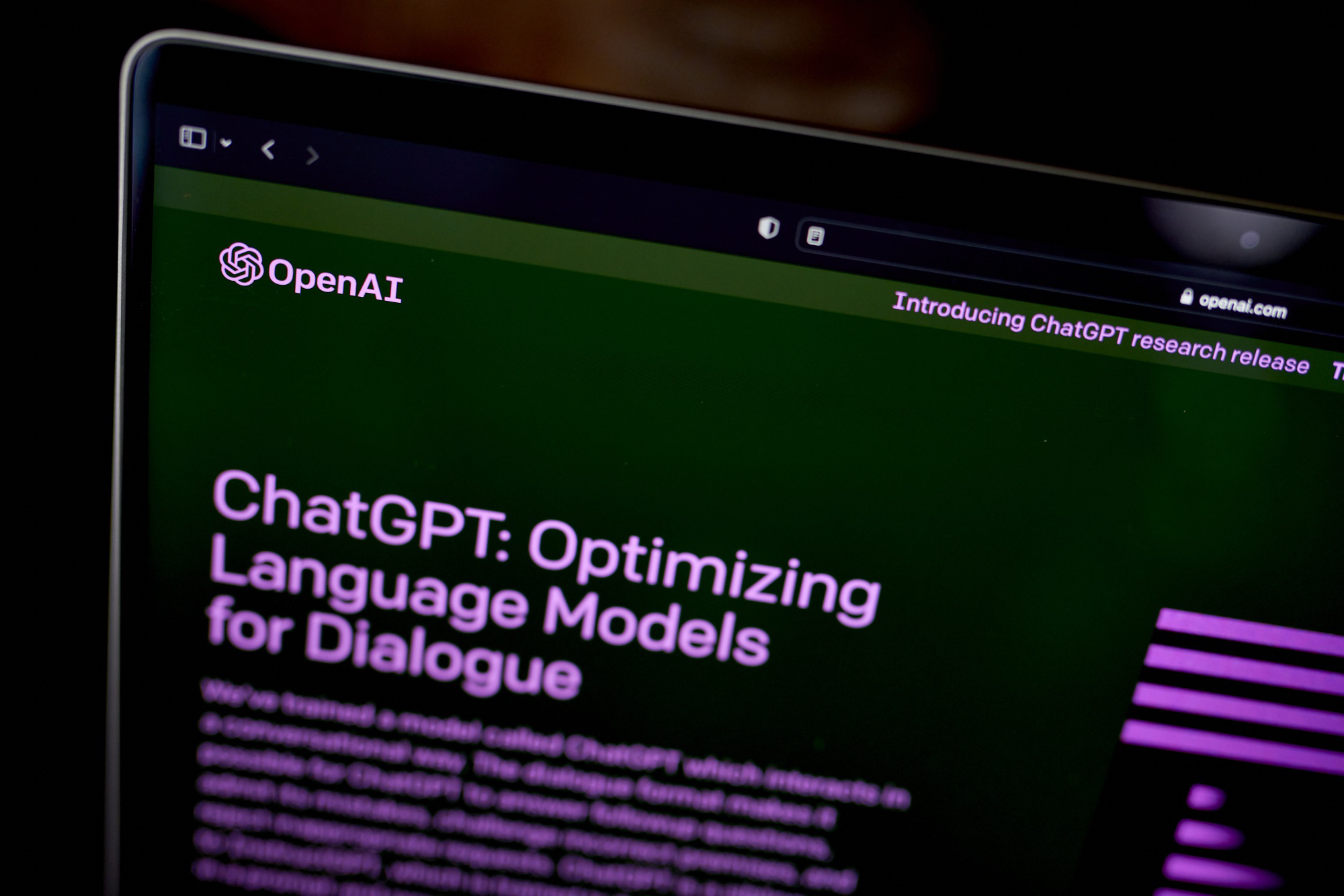
There was a time some 40 years ago that my college roommate and I would compete to get to the Columbia Missourian first—specifically the Op-Ed page to see if Mike Royko’s syndicated column appeared.
Maybe we liked Royko’s take on Chicago, which seemed so far away and different from Columbia. Maybe it was the chuckle we’d get, especially on the days his alter-ego Slats Grobnik made an appearance. Whatever the reason, Royko spoke to us in a way we looked forward to, enjoyed and appreciated.
A decade later when he arrived at The Kansas City Star, Jason Whitlock began building a 16-year rapport with readers not unlike our relationship with Royko. I know many, many people here who couldn’t wait to read his perspective on a game, a player or coach and who were sorely disappointed when he left.
This story undoubtedly has been repeated millions of times over the years as successive generations of readers and columnists engage with one another in newsprint and now online.
Enter OpenAI’s ChatGPT, an artificial intelligence-driven tool that generates well-written copy. How good is it? Better than the majority of writing the average teacher or professor sees, in the opinion of Daniel Herman, a high-school teacher in Berkeley, Calif., and author of “The End of High-School English,” appearing in The Atlantic online.
Somehow, I doubt, no matter how human-like ChatGPT’s prose may be, that my roommate and I would have looked at its musings as anything more than a curiosity and then would have begun scouring the page looking for Royko.
Ditto Kansas Citians looking for Whitlock’s observations and insights when he was here. For others, it might be Maureen Dowd, George Will or Thomas Friedman. I’m sure that the same was true of readers and William F. Buckley Jr. and even H.L. Mencken in the distant past.
The professional video industry's #1 source for news, trends and product and tech information. Sign up below.
The point is simple. People like people. Perhaps more accurately, people enjoy the unique perspectives—informed by life experience—of other thoughtful people.
Word to the wise for television reporters toiling away on their next story and deadline: Draw on your life experience made fresh daily by your interactions with sources and viewers alike to bring humanity and perspective to your stories.
Otherwise risk someday having a Sophia-like AI creature reciting words from a ChatGPT-type program that will be your undoing.
Sure, people like the real thing. Just consider the millions who tune in on Sundays to watch an NFL game. Then again, there’s eSports, too.
Phil Kurz is a contributing editor to TV Tech. He has written about TV and video technology for more than 30 years and served as editor of three leading industry magazines. He earned a Bachelor of Journalism and a Master’s Degree in Journalism from the University of Missouri-Columbia School of Journalism.

